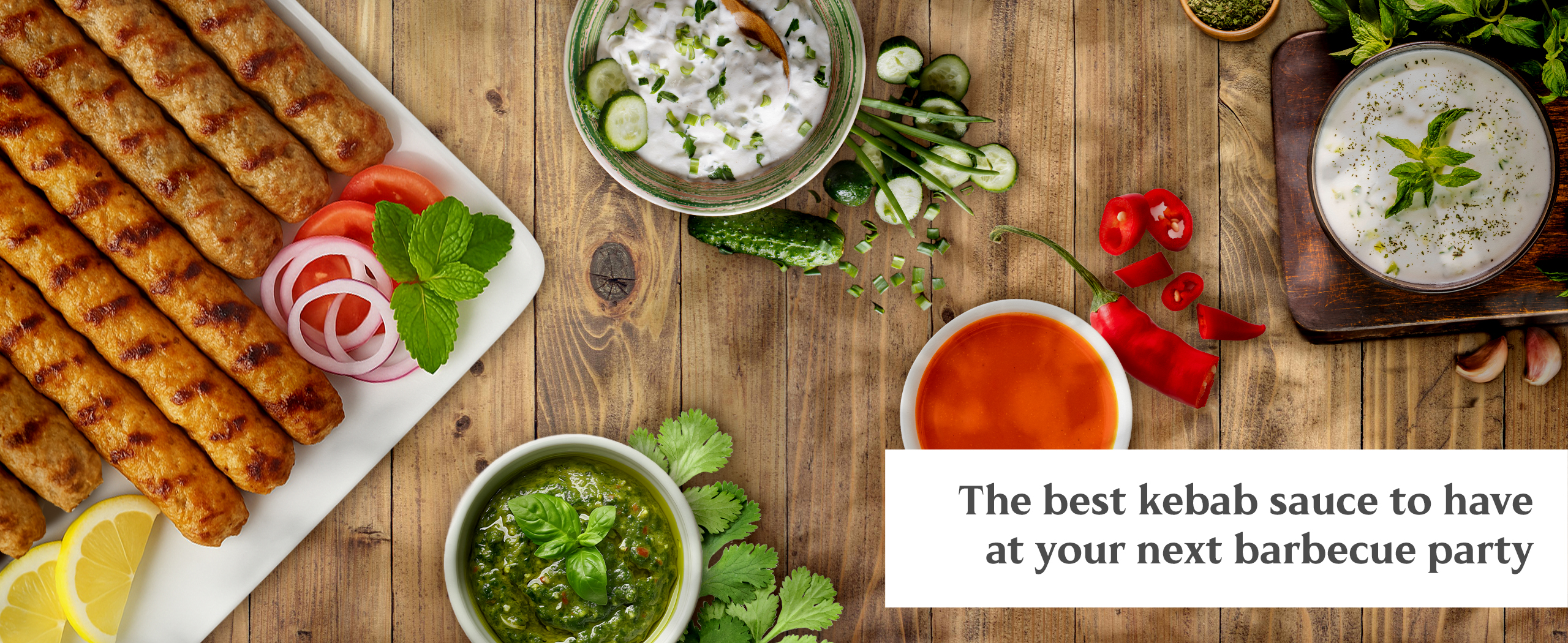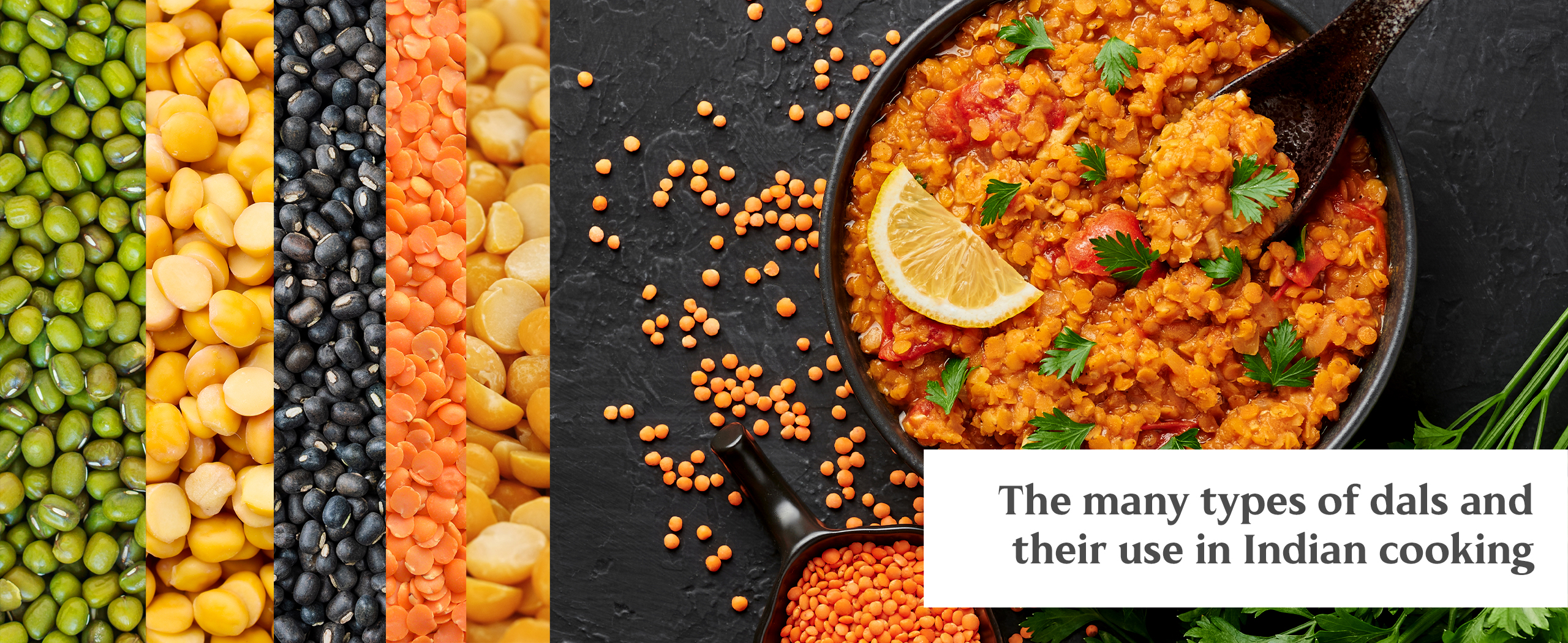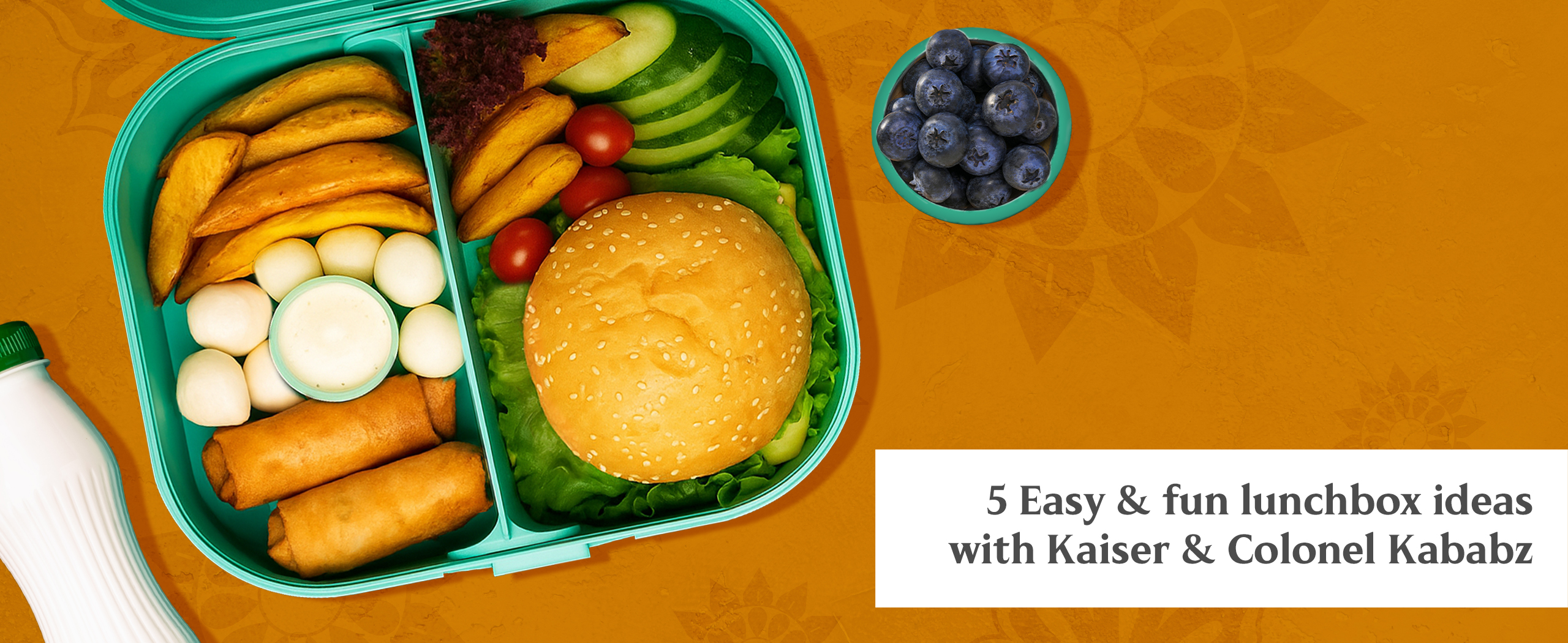As Ramadan is just around the corner, an estimated 1.9 billion Muslims worldwide are preparing for a month of fasting and a spiritual and physical cleanse. But is fasting only important for Muslims as a religious ritual? Studies over the years have shown the positive effects of fasting on the human body, and how it resets the metabolism, promotes weight loss, and allows for psychological healing.
In this article, we discuss the importance of Ramadan for Muslims and the benefits of fasting for anyone interested in exploring a healthier and more self-disciplined lifestyle.
What is Ramadan fasting?
Ramadan is the 9th month of the Islamic lunar calendar (also when the Quran is believed to have been revealed) – it is a blessed time of the year. Muslims observe a 29 or 30-day fasting period during the month as an act of worship. It is not exactly intermittent fasting but does fall under the broader category since the Ramadan fast lasts from dawn to dusk i.e. you’re allowed to eat and drink from sunset to the break of dawn.
In essence, Ramadan is a month of reflection and improvement for Muslims as individuals and as a community. However, the intention is to carry the learnings from this month beyond the prescribed period. Ramadan fasting focuses on cultivating personal and communal preferences that may lead the individual to a more self-disciplined lifestyle and the collective body to more inclusive communal values. Purification of the physical and spiritual self and strengthening the spirit of communal generosity sit at the heart of Ramadan fasting.
The many health benefits of fasting during Ramadan
Although most Muslims fast during Ramadan for spiritual reasons, the health benefits of fasting are undeniable. Studies agree the Ramadan fast is a form of intermittent fasting with several proven health benefits e.g. it regulates the metabolism and insulin and has an anti-inflammatory effect. Fasting resets the body to its default state and with more time between meals, it gets to detoxify from harmful metabolic derivatives.
Let us take a quick look at the key physiological effects of fasting on your body:
Regulation of insulin & blood sugar levels
The early state of fasting starts about 3-4 hours after eating and lasts 18 hours at the least. It is characterized by declining blood sugar and insulin levels. This signals the body to convert glycogen into glucose to meet energy needs. Since the glycogen stores are relatively smaller, the body moves to other energy sources after exhausting them. It starts burning fat reserves through lipolysis and may begin to break down protein into energy.
Overall, the body’s insulin sensitivity improves, it is better able to use glucose and burn fat as a source of energy thereby facilitating weight loss.
Reduction of blood cholesterol levels
When fat becomes a source of energy during the fast, it metabolizes to release high amounts of glucose into the bloodstream which is then used for bodily functions. Studies have found intermittent fasting positively impacts your lipid profile because instead of getting stored, the lipids get used. The result is:
- Reduced levels of harmful low-density lipids (LDL) and triglycerides in the bloodstream
- Increase in the healthy high-density lipids (HDL) in the bloodstream
While we can benefit from more research on the long-term effects of fasting, we know it helps modulate detrimental cholesterol levels, and blood pressure to healthier baselines. It is an effective lifestyle modification that reduces the risk of heart disease in the long run.
Cellular repair and detoxification of the body
Intermittent fasting is characterized by its ability to repair cells and detoxify the body from harmful metabolic substances. It triggers autophagy whereby the body breaks down and recycles damaged cell components. This helps clean up the ‘debris’ and rejuvenate the cells. Fasting also aids the formation of liver enzymes that purge the body of metabolic waste and toxic substances.
Metabolic boost and weight loss
Although limited, available evidence shows intermittent fasting boosts the metabolism. The body makes the metabolic switch and breaks down stored fats when it has no more glucose stores to burn for energy needs. The absence of snacking, a reduced calorie intake, and the metabolic boost – all facilitate weight loss.
Reduced chronic inflammation
Our acquired ‘modern’ eating habits are believed to have caused an increase in the levels of the immune cells, called monocytes, in our bloodstream. These monocytes can lead to serious tissue damage. A recent study shows intermittent fasting reduces inflammation by putting monocytes to sleep. Research also tells ketones produced during intermittent fasting help the body resist oxidative and inflammatory stress.
By protecting your organs against chronic inflammation, fasting helps reduce the risk of inflammatory diseases like arthritis, neurodegenerative disorders like Alzheimer’s, and many types of cancer.
Reduced brain fog
Fasting impacts your brain health positively through the metabolic switch, autophagy, and cell rejuvenation. Brain health improves at the cellular level, and cognitive function shows improvement.
Also, intermittent fasting triggers the production of a protein essential for brain health. Higher levels of this protein are linked to the sharpness of the brain. Fasting is like a ‘mild panic attack’ for your brain and kickstarts resilience-building mechanisms, resulting in focused and clearer thinking.
To sum it up, by hitting the physical and mental reset button, fasting allows neural pathways to recover from the slowdown caused by aging, stress, and lifestyle habits.
The spiritual benefits of fasting during Ramadan
No matter its physical benefits, for Muslims, religion is the biggest driving force behind the month-long Ramadan fasting. The month is about reconnecting with the Lord of the universe, and individual and collective soul searching. Spiritual advantages of fasting in Ramadan include:
God wariness
For Muslims, the ordained practice of giving up food and drink is a reminder to refocus on the core purpose of life and reorder their priorities. If they carry the spirit of Ramadan to other months of the year, it strengthens the element of God wariness in how they choose to conduct themselves in their everyday life.
Self-discipline
Ramadan fasting helps Muslims to let go of destructive and non-productive habits. For instance:
- If anxiety sends you running to comfort snacking, Ramadan fasting pushes you to change how you handle stressful triggers by being more self-aware.
- If you are a smoker, you are forced to adapt to longer intervals without a cigarette thereby helping you reduce or eliminate the unhealthy dependence, and live a cleaner lifestyle.
- If you’re a social media ‘scroller’ the extra-tight Ramadan schedule limits your mindless wandering and redirects your focus to the necessary.
Empathy
One of the primary purposes of ritual fasting in Islam is to realize through personal experience what life must be like for the underprivileged. The feeling of unsatiated hunger during the hours of fasting invokes empathy for the less fortunate who cannot put three square meals on the table for days without end. Generous charity is therefore a key part of the Ramadan culture.
Concluding words…
Every year when Ramadan is around the corner, there is chatter encompassing myths and a jumble of questions. If you are a beginner at Ramadan fasting, we hope this guide helped you explore the many benefits of fasting this month.
And if you are not a Muslim, what better way to explore the joy of intermittent fasting than fasting for a day with your Muslim friends? It comes with numerous health benefits. Plus you get to enjoy a platter of cultural food including a fine selection of samosas, and spring rolls when it’s time to break the fast!



